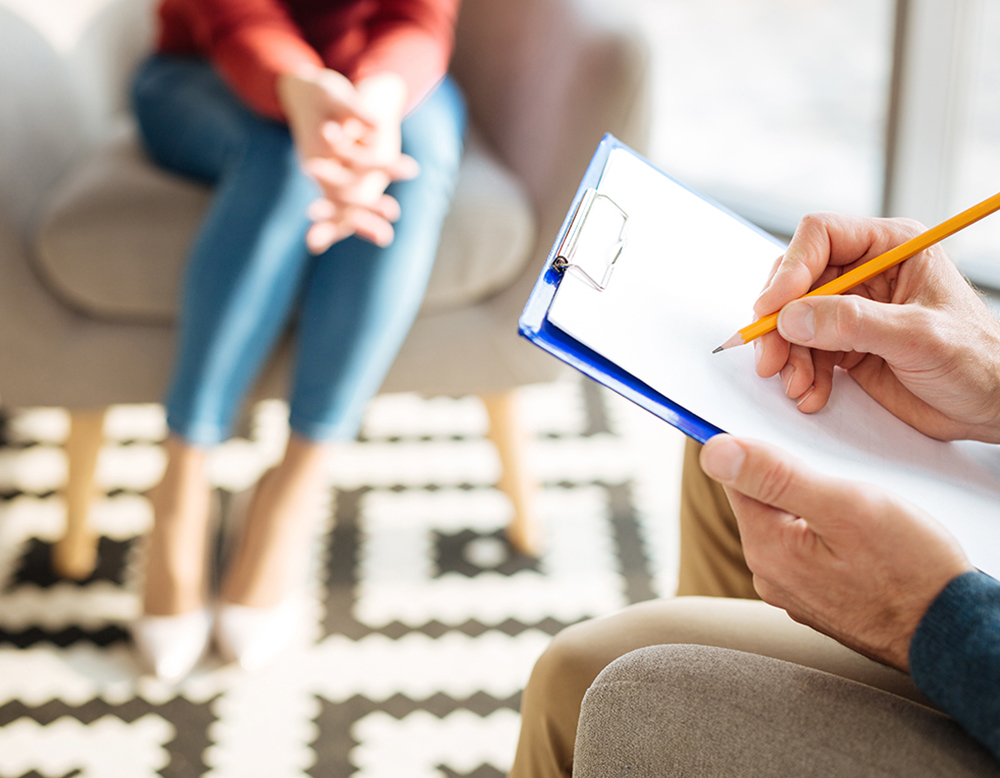
What is social phobia?
It is normal for people to be nervous in certain social situations. Situations like interacting with people in a new environment or giving a public presentation are situations that can cause anxiety in all of us. However, how often and how strongly this anxiety is felt is a matter to be considered. A state of intense anxiety that occurs in social situations where interaction with other people is necessary is defined as social phobia. This condition, also called Social Anxiety Disorder, is caused by the fear of being judged by other people.
Are there types of social phobia?
There are 2 types of social phobia. If anxiety occurs in many social situations, it is called a general type, and if it occurs only in certain situations, it is called an unusual (specific) type. The general type includes situations such as meeting and interacting with someone, while the specific type includes performance situations such as eating and presenting in public.
What are the situations that can cause social anxiety?
According to the Liebowitz Social Anxiety Scale, some social situations that can cause anxiety in people with social anxiety disorder include:- Eating in public places
- Participating in a party
- Having guests at home
- Return of purchased product
- Making eye contact with someone you don't know very well
- Disagreeing with someone you don't know very well
- Talking on the phone with someone you don't know very well
- Prepared or unprepared public speaking
- Trying to meet someone
- Use of public toilets
Symptoms of Social Phobia
A person with social phobia may experience physical symptoms such as sweating, palpitations, flushing, dry mouth, tremors, and shortness of breath in a social situation that can cause anxiety. People think that others have negative thoughts about them and that others will criticize and judge them. After these thoughts, behaviors such as trying not to be in an atmosphere of anxiety and avoiding eye contact occur. In some cases, feeling shy or anxious may not be taken directly as a sign of social phobia. People with social phobia know that their fears are exaggerated or unfounded.Causes of social phobia
Social phobia usually begins in childhood or adolescence. However, this can vary according to the subtypes of social phobia. Social phobia can be caused by a person's personality, genetic predispositions, exposure to violence or excessive criticism in childhood, illness, or differences in physical characteristics.
Furthermore, children of parents who are overprotective or care too much about the opinions of others may have social phobia.
Treatment and diagnosis of social phobia
People with social phobia, may experience disruptions in school, work, and other interpersonal relationships due to intense social anxiety and avoidance behaviors. People should be aware that this condition has a negative impact on their social life and seek professional support when necessary.
"Cognitive behavioral therapy" is the most commonly used form of therapy for social phobia. First of all, research is being conducted to analyze the reasons for the development of social phobia.
Then work is done to replace the person's excessive and uncontrollable worries with more rational thoughts. The length of the therapy process and the progress achieved at the end of the process varies from person to person and is related to the person's temperament.
Getting psychological support to overcome social phobia helps a person gain confidence and develop communication skills.








